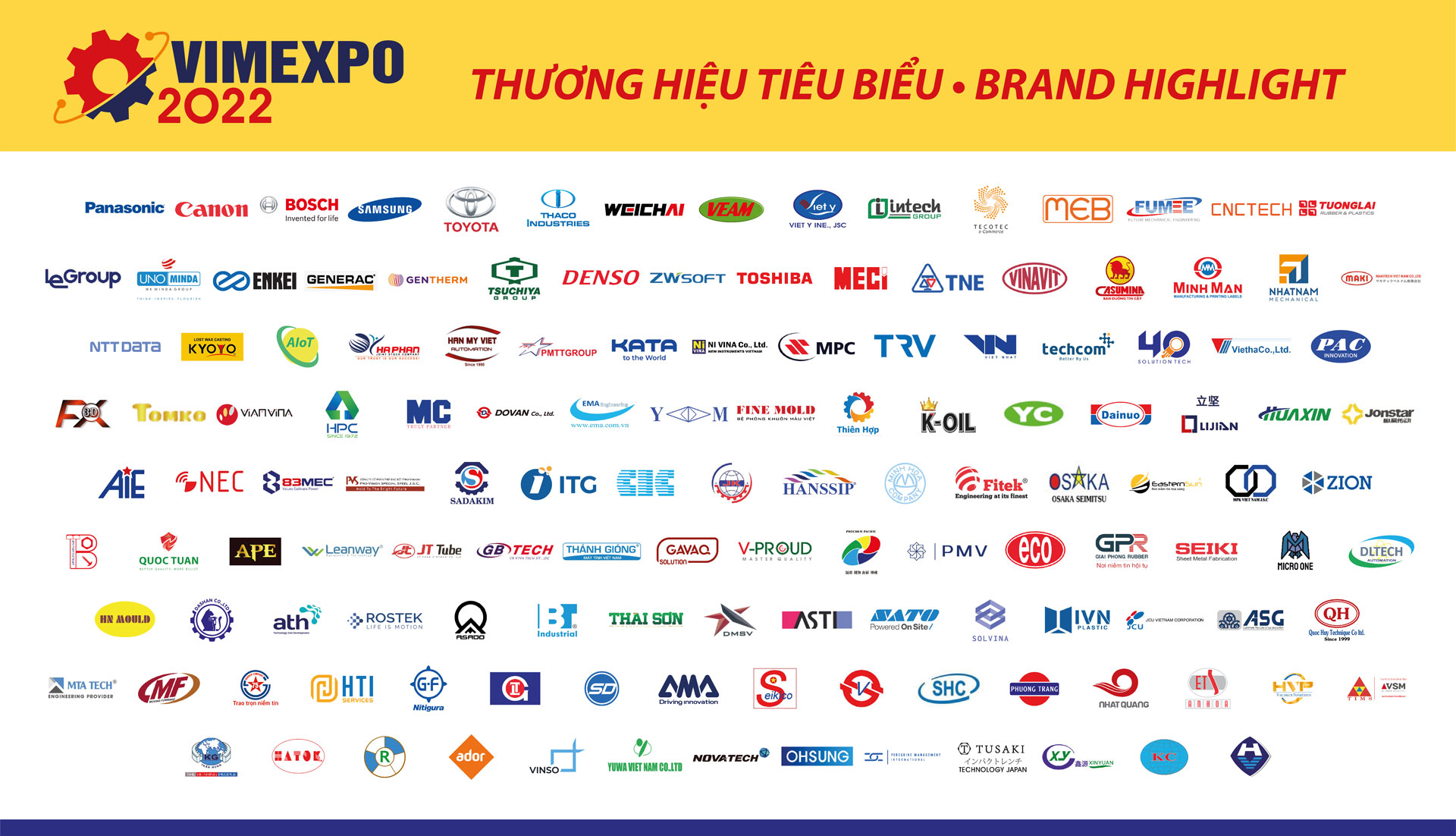As one of the important industries, Vietnam’s supporting industry is facing difficulties and there is no clear mechanism and policy for appropriate development.
According to the Ministry of Industry and Trade, supporting industry activities are increasingly developing, providing raw materials for domestic production, the localization rate has been increased in many manufacturing industries such as textile and footwear industry reaching 45-50%, mechanical engineering reaching more than 30%.
Domestic supporting industry manufacturing enterprises have improved production organization level, increased productivity and production efficiency, cut costs to help improve the competitiveness of enterprises, become direct suppliers to manufacturers, assemblers of finished products and multinational corporations, participating in production networks, regional and global value chains. Along with serving domestic production and consumption, processed and manufactured products, including supporting industries, contribute increasingly to the total export turnover of the whole country.
Notably, in 2023, the proportion of processed and manufactured products in the total export turnover will reach more than 85%. With a large value, the export turnover of processed and manufactured products has made an important contribution to the overall export results of the whole country in recent times.
The report of the Department of Industry (Ministry of Industry and Trade) also acknowledged that, regarding the mechanical industry serving agricultural production, to date, Vietnamese enterprises have produced a series of planting and harvesting machines, contributing to improving the level of mechanization in agricultural production. Over 90% of rice milling machines, rice polishing machines, and dryers manufactured by domestic enterprises have achieved advanced technology levels and have been exported to ASEAN countries, America, and Africa. In addition, there are many coffee and cashew processing equipment lines.
Particularly, some areas of manufacturing bicycle and motorbike components; standard mechanical components; plastic and rubber components… Vietnamese enterprises have met most of the domestic demand and exported to the world.
In the electronics sector, if in 2014, Vietnam only had 25 enterprises participating in Samsung’s production chain as tier 1-2 suppliers, by the end of 2023, this number had increased to 306 enterprises.
Need more support in terms of mechanisms and policies
The Ministry of Industry and Trade has advised and submitted to the Government many policies to promote and develop supporting industries, improve the capacity of supporting industry enterprises, specifically: Decree No. 111/2015/ND-CP dated November 3, 2015 on supporting industry development; Decision No. 68/QD-TTg dated January 18, 2017 of the Prime Minister on approving the Supporting Industry Development Program from 2016 to 2025; Decision No. 10/2017/QD-TTg dated April 3, 2017 of the Prime Minister promulgating the Regulation on management and implementation of the Supporting Industry Development Program; Resolution No. 115/NQ-CP dated August 6, 2020 of the Government on solutions to promote the development of supporting industries.
In addition, the Ministry of Industry and Trade also organizes support for supporting industry enterprises to connect with multinational corporations to seek opportunities to participate in the supply chain for these corporations in Vietnam as well as abroad.
Reasonably allocate national resources from the central to local levels to focus on developing industries, especially foundational industries, priority industries such as materials, mechanics, manufacturing, processing, supporting industries, industries in which Vietnam has advantages in labor use and export;
Propose competent authorities to adjust FDI attraction policies in line with the requirement to increase the rate of localization value; issue preferential policies on credit and finance to support supporting industry and material industry enterprises to access credit capital and effective financial resources to promote science and technology, innovation activities, and improve product quality; At the same time, implement policies to encourage the use of domestic supporting industry and mechanical industry products, in conjunction with focusing on developing priority industries such as automobiles, agricultural mechanics, and railways; support the promotion of mechanical product exports, take advantage of incentives from free trade agreements that Vietnam has signed, and exploit potential markets in ASEAN, Africa, and West Asia.




